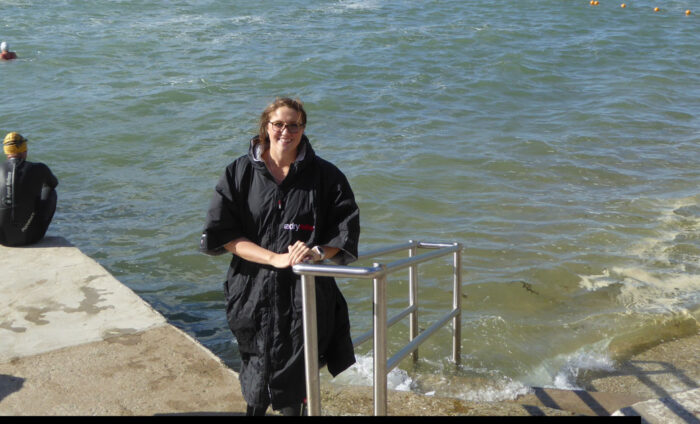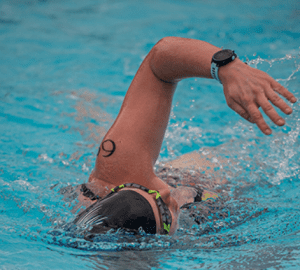
5 ways to train SMART
It can be difficult to fully commit to training throughout the year. Winter can be cold, dark and downright depressing. I know as well as anyone how hard it is to keep motivated, and keep swimming, at this time of year. It might be many months before our next serious event and this can play with our heads. Springing out of bed on a bright summer morning for a dip in a sun dappled lake is totally different to dragging yourself out on a dark, damp winter evening after work to put in the metres at a crowded swimming pool.
The way I stayed committed and dedicated to training was to break each week down into single units. I would look at each session as a means to improve. So instead of looking at one eight-week cycle of training, I would break each week down and look at each swim as a single unit. This tricks your brain into focusing on the short-term and ensures that each session is as good as it can be – rather than getting daunted by the whole eight weeks’ training.
I believe it is important to set yourself goals and targets. I used the SMART system of goalsetting: I would set one very short-term goal, which would be for the next training session; one medium-term goal, which would cover a training cycle; and one long-term goal, which would normally be for the end of the season.
SMART stands for:
- SPECIFIC – something really personal to you that is going to help improve your swimming. For example, if you are working on your catch phase, ensure that on each stroke you focus on ‘elbows high, fingertips low’.
- MEASURABLE – something that is easily measured. For example, a medium-term goal would be to drop your critical swim speed by one second per 100 metres.
- ACHIEVABLE – There is no point setting a goal so hard that you will fail. If you know that your confidence is something that you need to work on, make each goal just within reach. That way you are ticking off small increments of improvement, rather than trying to improve massive chunks at a time.
- REALISTIC – To be realistic, a goal must represent an objective towards which you are both willing and able to work. For example, if you know you are only ever going to start a race from deep water, there would be little or no purpose in improving your dives.
- TIMELY – A goal should be grounded within a timeframe. With no timeframe there’s no sense of urgency. So an upcoming race is perfect as a focus around which you can set your goals.
I always recommend my swimmers keep a logbook, in which you can not only write down your goals, but also record any vital information about each swimming session. For example, when I was swimming I would always make a note of the total metres swum each session, including any information about the main set (eg, heart rates and stroke counts). This is a great way to keep on top of your training, while also giving you the opportunity to measure your progress.
Cassie Patten won bronze in the first ever Olympic 10km marathon swim, in the Beijing 2008 Olympics. She now coaches and is a frequent commentator at open water events. cassiepatten.co.uk







